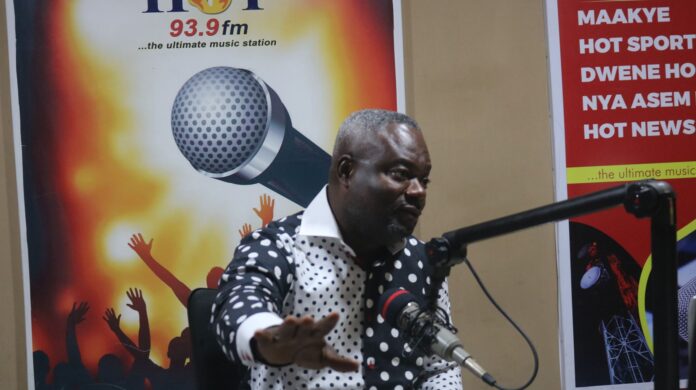Parliament has approved three loan agreements to finance the Ghana Tree Crop Diversification Project (GTCDP), the Ghana Productive Safety Net Project II (GPSNP), and the West Africa Coastal Areas Resilience Investments programme.
The facilities, totaling $500 million, are agreements between the government of Ghana and the International Development Association (IDA) of the World Bank Group.
They comprise a $200 million credit agreement to finance the GTCDP, $150 million to finance GPSNP, and another $150 million for the West Africa Coastal Areas Resilience Investments Programme.
The GTCDP will boost production and add value to six strategic tree crops, while the GPSNP is targeted at complementing the government’s efforts to end extreme poverty.
The WACA programme is meant to strengthen the resilience of coastal communities to withstand the adverse impact of global warming.
Strategic tree crops
Presenting the reports on the loan facilities ahead of their approval in Parliament last Friday, the Chairman of the Finance Committee, Kwaku Kwarteng, said the GTCDP would improve economic, climate, and social resilience in the productivity and value addition of the seven strategic tree crops.
He said cocoa, cashew, shea, mango, coconut, rubber, and oil palm would be grown in 11 selected districts across five regions — Western North, Eastern, Savannah, Bono, and Bono East regions.
The project will be implemented from 2023 to 2029 to support important sector-wide activities and reform, as well as investments on the ground in priority agro-ecological areas chosen for their ability to reach the critical mass and make interventions as effective as possible.
The total cost of the project, he said, was $227.5 million, with $50 million from IDA performance-based allocation, $150 million from the IDA scale-up window shorter maturity loans, and $27.5 million in counterpart financing from COCOBOD.
Beneficiaries
Justifying the choice of locations for the tree crops, Mr. Kwarteng said the committee was informed that geographical areas were selected due to the high impact potential because the selected agro-ecological areas had the capacity to scale up and make the intervention as effective as possible and also reduce the relatively high poverty rate in those locations.
He said the projects’ direct beneficiaries would be cocoa, cashew, coconut and rubber farmers.
“Improved productivity and incomes will directly benefit 52,775 farmers and their households as a result of project interventions in farm productivity.
Women will account for an estimated 40 per cent of the beneficiaries.
“Through project matching grants, technical assistance support, and access to markets and services, an estimated 185 small and medium-sized enterprises that add value to cocoa, cashews and coconuts will benefit directly,” he said.
Ending extreme poverty
In relation to the Ghana Productive Safety Net Project II, Mr Kwarteng said the initiative would be used to provide the needed funding to support social intervention programs such as the Ghana School Feeding Programme and Livelihood Empowerment Against Poverty (LEAP), among others.
The financing will allow 3.8 million beneficiary children to be provided with school meals for approximately 2.5 out of six terms in the 2024 and 2025 academic years.
“This will represent around 32 per cent of the GSPF programme budget over the two-year period and will support the government to meet its existing budgetary commitments to the programme,” he said.
The Obuasi West MP said the facility would also support an estimated 25,000 new beneficiaries, in addition to the 35,000 households under CLASS, 35,000 new beneficiaries in addition to the 60,000 households under labour-intensive public work, and double the transfer amounts received by all the 350,000 households under the LEAP.
“The successful implementation of the programme would ultimately support and protect the consumption of the poor, improve food security, and increase productivity and human capital development,” he said.
Coastal resilience
With regard to the $150 million for the West Africa Coastal Areas Resilience Investments programme, Mr. Kwarteng said the project would complement the government’s efforts to mitigate coastal risks through coastal development and protection infrastructure.
“It is also important to preserve natural green infrastructure and ecosystems, which are being pursued under the President’s Coordinated Programme for Social and Economic Development.
“These efforts are expected to ensure sustainable development and promote the well-being of the communities who rely on these coastal areas for livelihood,” he said.







